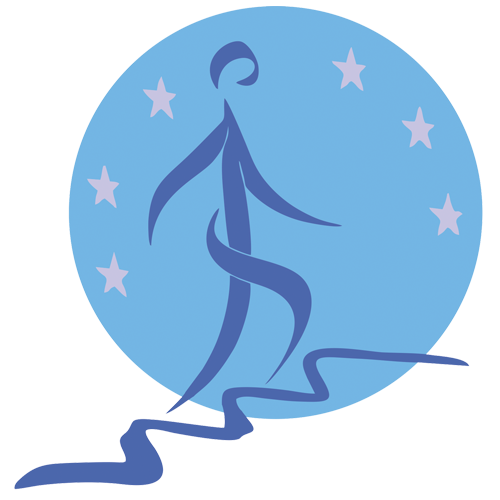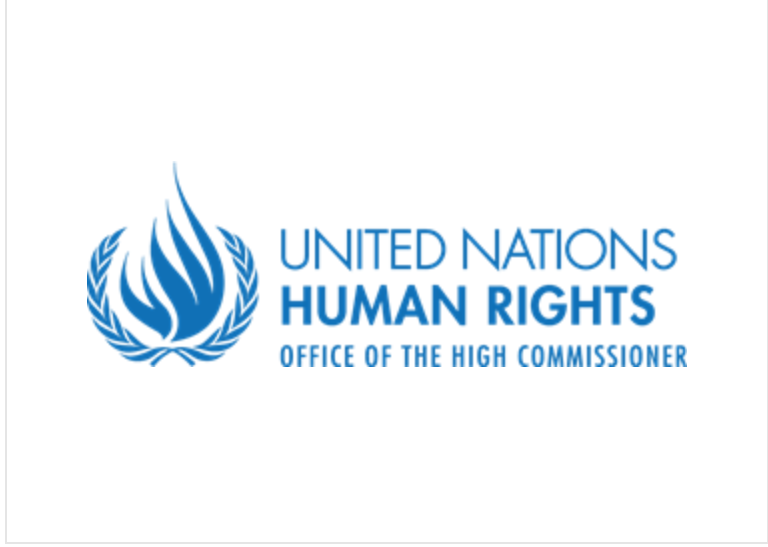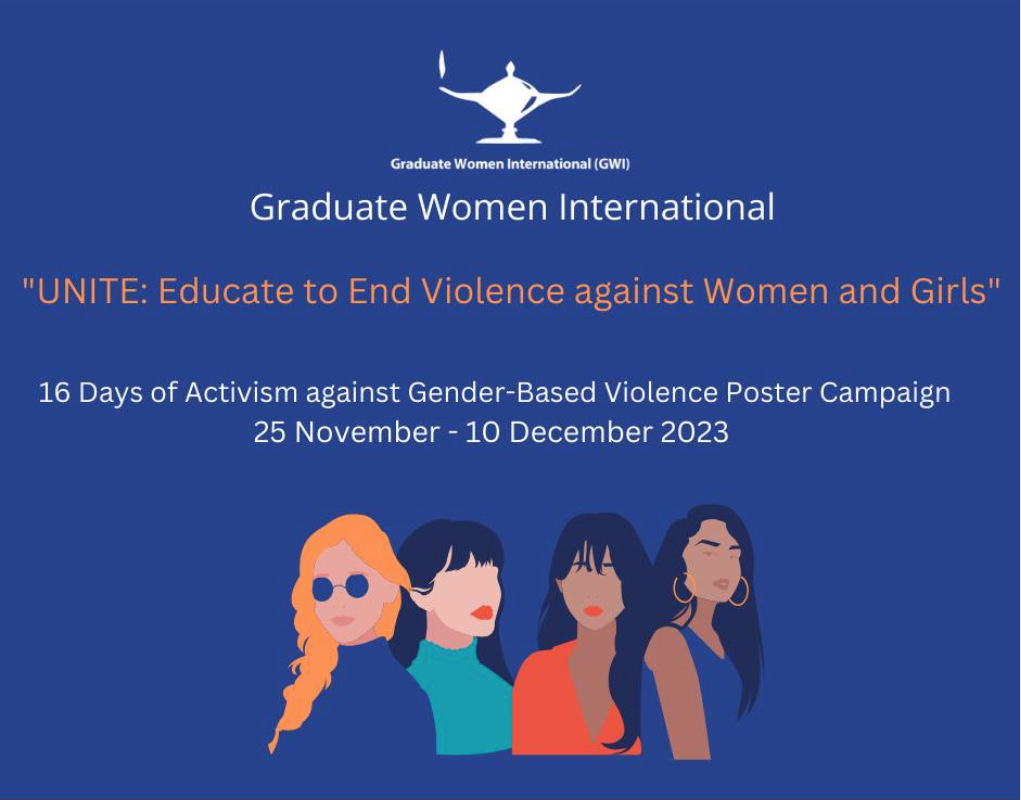International Equal Pay Day, celebrated on 18 September, represents the longstanding efforts towards the achievement of equal pay for work of equal value. It further builds on the United Nations’ commitment to human rights and against all forms of discrimination, including discrimination against women and girls.
Across all regions, women are paid less than men, with the gender pay gap estimated at around 20 per cent globally. Gender equality and the empowerment of women and girls continue to be held back owing to the persistence of historical and structural unequal power relations between women and men, poverty and inequalities and disadvantages in access to resources and opportunities that limit women’s and girls’ capabilities. Progress on narrowing that gap has been slow. While equal pay for men and women has been widely endorsed, applying it in practice has been difficult.
Equal Pay is a recognized human right, to which all women and men are entitled. The Equal Remuneration Convention, 1951 (No. 100) was the first international instrument on this issue. The Convention was adopted after the Second World War, during which women entered the labour force en masse and held the front line of production in many countries. Pay inequality was an obvious and measurable form of discrimination at work, and so the push for equal pay became an important first step towards wider gender equality in the labour market and society in general. The Convention was forward-looking for its time and remains relevant today, as full pay equity between women and men has still not been achieved.
In order to ensure that no one is left behind, the Sustainable Development Goals (SDGs) address the need to achieve gender equality and the empowerment of all women and girls. Furthermore, the SDGs promote decent work and economic growth by seeking full and productive employment and decent work for all women and men, including for young people and persons with disabilities, and equal pay for work of equal value. Mainstreaming of a gender perspective is crucial in the implementation of the 2030 Agenda for Sustainable Development.
Achieving equal pay is an important milestone for human rights and gender equality. It takes the effort of the entire world community and more work remains to be done. The United Nations, including UN Women and the International Labour Organization (ILO) invites Members states and civil society, women’s and community-based organizations and feminist groups, as well as businesses and workers’ and employers’ organizations, to promote equal pay for work of equal value and the economic empowerment of women and girls.
Equal Pay International Coalition
The Equal Pay International Coalition (EPIC) is led by the ILO, UN Women, and OECD. The Coalition’s goal is to achieve equal pay for women and men everywhere. By bringing together a diverse set of actors with different areas of focus and expertise, EPIC supports governments, employers, workers, and their organizations to make concrete and coordinated progress towards this goal. EPIC is currently the only multi-stakeholder partnership working to reduce the gender pay gap at the global, regional and national levels.






